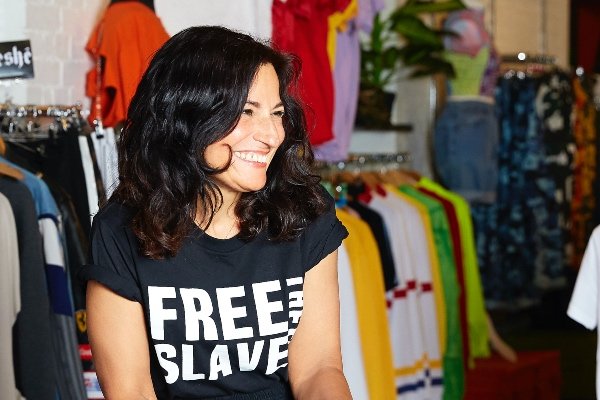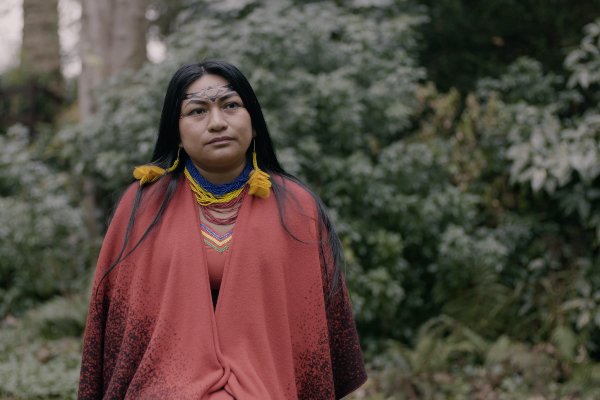This article first appeared in our International Women’s Day issue of My Green Pod Magazine, published 08 March 2024. Click here to subscribe to our digital edition and get each issue delivered straight to your inbox
Forget what the critics might say: what if sustainability and other complex issues are not about bad people making bad decisions, and instead about many people struggling to make sense of complex, intertwined challenges?
This is the conclusion of Tina Karme, whose recently published Doctoral thesis at Luxembourg’s European Business University focuses on sensemaking and sensebreaking in complexity.
While many focus on bad decisions and finding a guilty party to blame, Tina’s research look at how actors make sense of complex issues and the decisions that follow on from that process.
Making sense of the world
According to Tina’s research, we are all continuously making sense of the world around us; first we try to work out what the story is and then we concentrate on what we are supposed to do about it – how we are supposed to act.
In a bid to make sense of what is going on at the time – or work out ‘the story’ – people talk things into existence.
Tina uses the example of the energy crisis in Europe. ‘It started as a dialogue and suddenly a story emerged that helped us to understand what was happening, how it impacted us and what we could do’, she tells us.
Once the story emerged, many quickly started considering what actions to take. We can see the result of this process; it had a big impact on the energy savings Europe was able to make during the winter of 2022-2023.
‘No one is ever 100% wrong’, Tina tells us, ‘but the stories we tell might differ as a result of how we make sense of the world around us. We need to move beyond right and wrong and show curiosity towards all the stories and ways of understanding the world. They play a big part in making sense of complex issues and all of them are needed.’
Breaking or bolstering sense
Tina’s research found that we have, for a long time, engaged with both simple and complicated issues.
‘There is a framework called the Cynefin Framework that focuses on five dimensions’, Tina explains; ‘Simple, Complicated, Complex, Chaos and Disorder. Simple is the best-practice solution that most business runs on. Complicated presents several best options to choose from, and a team of experts usually develops them. Most of our leadership and business models are grounded in simple and complicated matters that can be managed. These issues have clear cause-effect relations, and things are known or knowable.’
But when it comes to sustainability issues, such as climate change and biodiversity, there are no clear or manageable cause-effect relations. ‘They are complex chains and webs of loops’, Tina explains. ‘There are many unknown factors and unknowable elements. This means that we operate in surroundings where patterns unfold as we move through time.’
In simple terms, things will emerge – but new ideas and solutions will only appear if we are open to them and can let go of old ways, patterns and ideas.
This is where it gets difficult: how do we let go of things that no longer serve us? Tina developed a process of sensemaking which shows that when our current ways of understanding the world are disrupted, it can lead to sensebreaking or the fortification of common sense.
‘Fortification of common sense means that you start defending your way of being, acting and understanding the world’, Tina tells us. ‘This often leads to focusing on who is right and wrong, and at times, it is very polarising. Nothing new will emerge from this; in fact, research is often used to strengthen what we think we know.’
For Tina what is needed is sensebreaking, which creates a gateway to new sense. ‘Sensebreaking means that our understanding of a specific thing falls apart’, she explains. ‘This creates a void that needs to be filled.’
Sensebreaking can be achieved in a number of ways, but for Tina the most important thing is that it should focus on talking new things into existence. Rather than relying on past knowledge and understanding, new trains of thought and new ideas need to emerge. This way, we innovate and develop – we ‘evolve’, as Tina puts it.
 Play Video about This Rock Might Just Save The World
Play Video about This Rock Might Just Save The World Play Video about Play 2 hours of rock
Play Video about Play 2 hours of rock Play Video about Play 2 hours of brook
Play Video about Play 2 hours of brook Play Video about Play 2 hours of sheep
Play Video about Play 2 hours of sheep














































